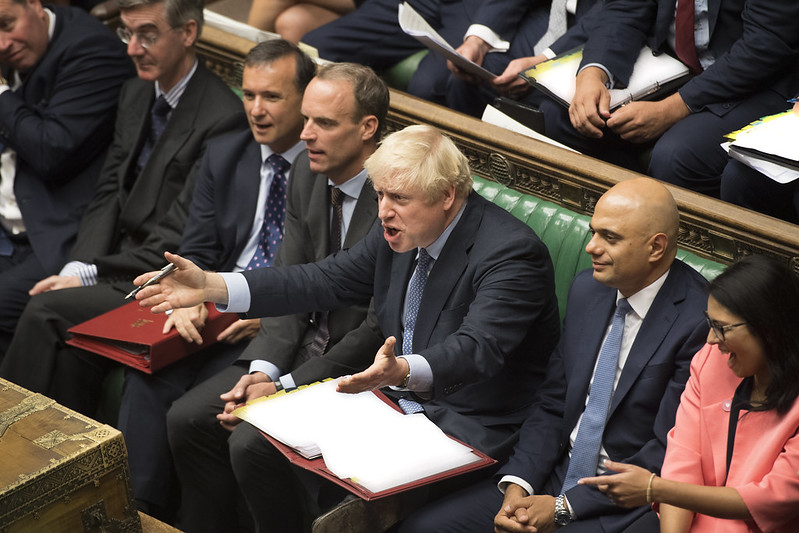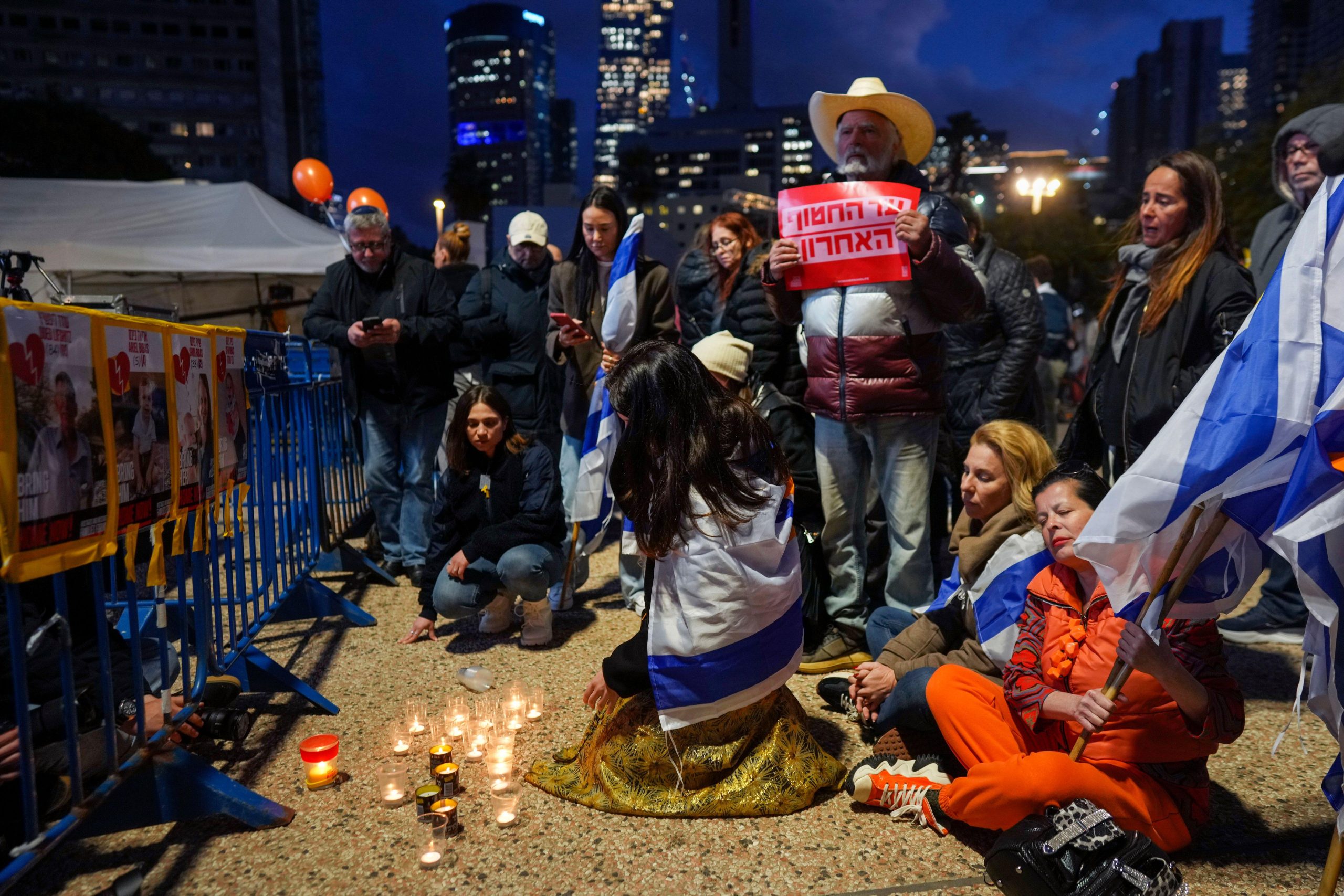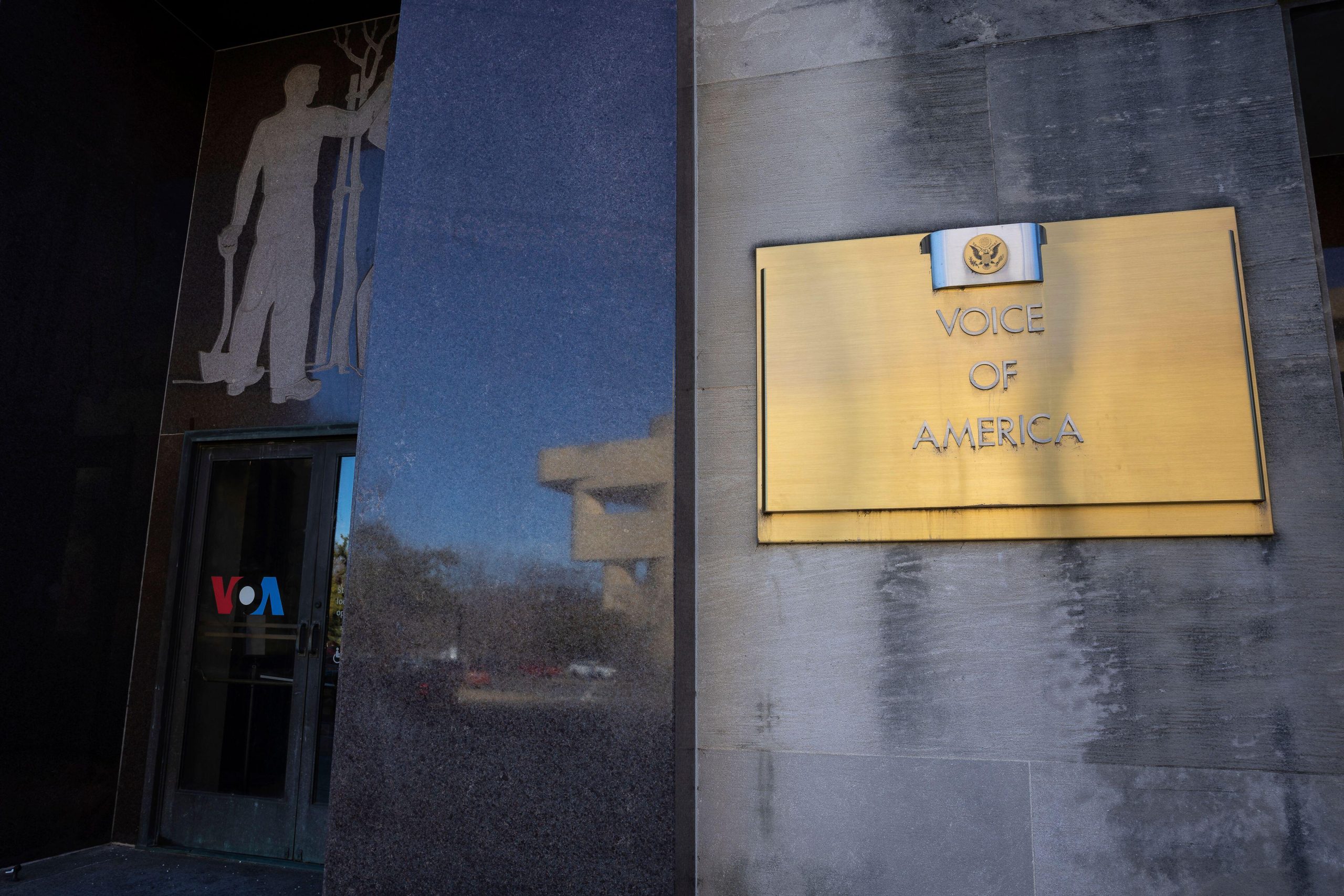Home Secretary Theresa May is to halt searches of individuals without reasonable suspicion after the European Court of Human Rights rules the power unlawful. Leah Borromeo reports
The controversial use of Section 44 of the Terrorism Act 2000 is to be scrapped immediately, Home Secretary Theresa May has said.
In a speech to the House of Commons, May cited a European Court of Human Rights judgment that stop and search powers granted under Section 44 were illegal and equal a violation of the right to a private life. The court stated that powers were “drawn too broadly — at the time of their initial authorisation and when they are used. It also found that the powers contain insufficient safeguards to protect civil liberties.”
May went on to say that the government cannot appeal the ECHR’s judgment — nor would they have done had they been able to.
Shadow Home Secretary Alan Johnson criticised the government’s decision, stating that the decision in Strasbourg was based on how stop and search was used “some years ago” and that the use of Section 44 had “dropped considerably over the last two years”.
May says that after seeking urgent legal advice and consulted police forces she would be “introducing a new suspicion threshold”. Instead of “requiring a search to be ‘expedient’ for the prevention of terrorism” a search would have to be “necessary for that purpose”.
Officers will no longer be able to search individuals using Section 44 powers. Instead, they will have to rely on Section 43 powers – which require officers to reasonably suspect the person to be a terrorist.
Officers will only be able to use Section 44 in relation to the searches of vehicles and they will have to have “reasonable suspicion” to do so.
The case that brought Section 44 to this end was brought to the European court by journalist Pennie Quinton and student Kevin Gillan. They were stopped outside demonstrations at Defence Systems and Equipment International, the world’s largest arms fair held at the Excel Centre in East London.
The High Court and the Court of Appeal rejected Quinton and Gillan’s assertion that tactics under Section 44 were illegal, citing the threat of terrorism in London.
However, the ECHR declared it an unlawful violation of an individual’s right to privacy. Because the UK has signed up to the European court, decisions made by it are binding.
Pennie Quilton told Index on Censorship: “It’s the least Theresa May can do. Section 44 is a law that has been challenged and has been ruled out of order. This government has to make amendments to the law to stay in line with the ruling in Strasbourg. Something had to be done because the police said they weren’t going to change the way they operated despite the judgment.”
The Metropolitan police said that despite a ruling in January by the European court that deemed Section 44 unlawful, they would continue using it as its decision was being appealed.
Jo Glanville, editor of Index on Censorship commented: “Stop and search under section 44 was widely used against individuals exercising their legitimate right to protest. It has been one of the most notorious and frequent abuses of free speech over the past decade. The Strasbourg ruling is an important landmark and I’m delighted that the government is scrapping the use of these powers.”




